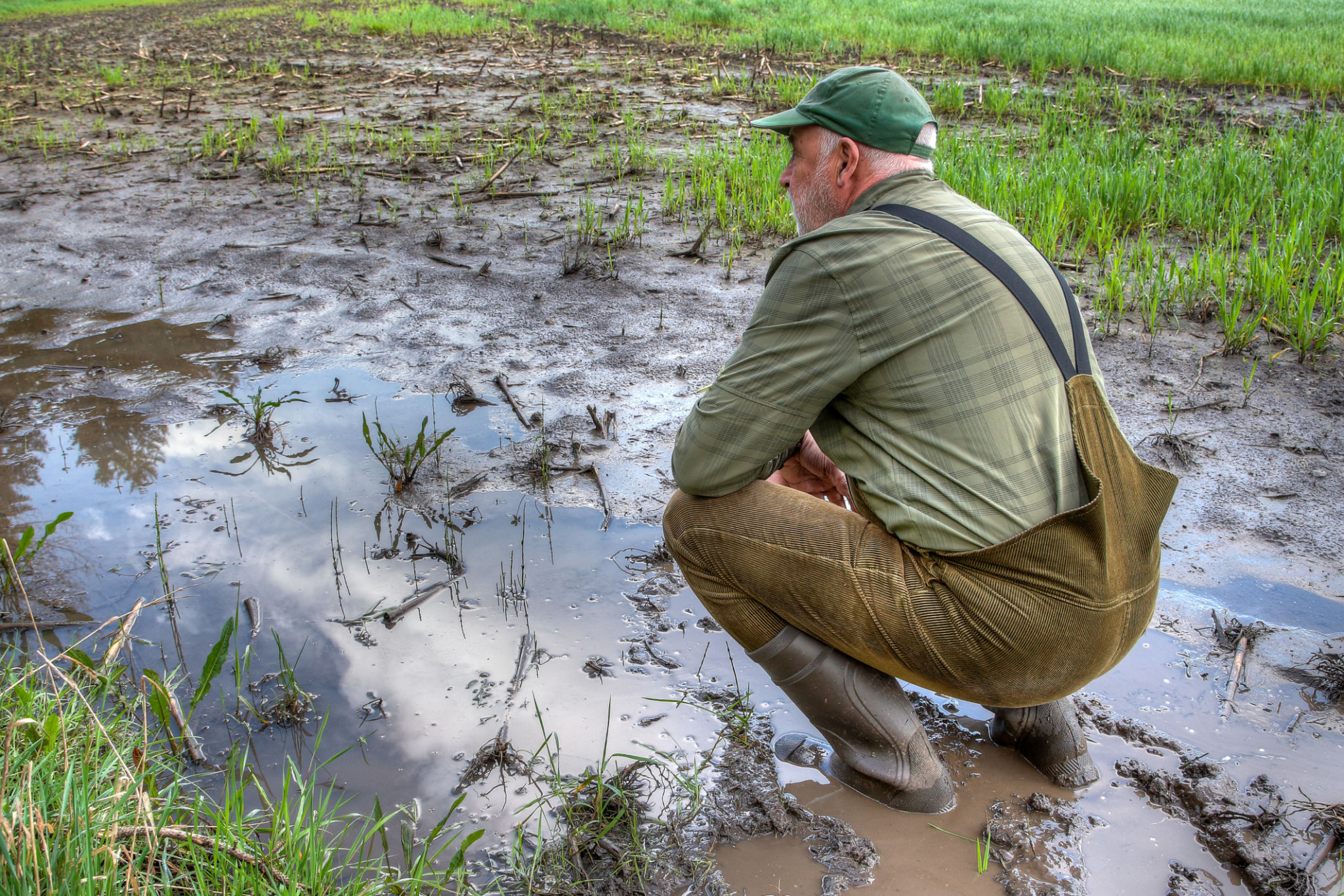The Mushroom Farming Industry in Ireland
HH
The mushroom farming industry in Ireland
The mushroom farming industry in Ireland, while thriving, faces several key challenges that threaten its continued success. These challenges are both internal and external, ranging from economic pressures to operational hurdles. Here are some of the main challenges as identified by Anne Hayden MSc from The Informed Farmer Consultancy in her book, 'Aspects of Irish Agriculture' (ShadowScript Publications, 2024):

1. Over-Reliance on the UK Market: Ireland exports approximately 80% of its mushroom produce, primarily to the United Kingdom. This heavy reliance makes the industry vulnerable to fluctuations in the UK market and any disruptions in trade relations, such as those caused by Brexit. Potential tariffs, customs delays, and changing regulations could significantly impact the profitability of Irish mushroom exports.
2. Labour Shortages and Rising Costs: Mushroom harvesting is a labour-intensive process that traditionally relied on a migrant workforce. However, changing immigration policies and rising labour costs have created significant labour shortages. This scarcity of skilled workers makes it challenging to maintain production levels and meet demand. Furthermore, the industry faces rising production costs, particularly for energy and raw materials like straw and chicken litter. Fluctuating energy prices and increased substrate costs impact profit margins, putting pressure on farmers.

3. Environmental Sustainability Concerns: As consumer demand for sustainable food production grows, the mushroom industry faces pressure to reduce its environmental impact. Key concerns include energy consumption in climate-controlled growing houses, waste generation from substrate, and the potential for pollution from agricultural runoff. Meeting these environmental expectations requires ongoing investment in research and development to implement more sustainable practices.
4. Competition and Market Fluctuations: The mushroom industry is subject to global market fluctuations and increased competition from other mushroom-producing countries. Maintaining competitiveness requires constant innovation in production techniques, efficient cost management, and exploring new markets beyond the UK.
5. Succession Planning and an Aging Workforce: Like other agricultural sectors in Ireland, mushroom farming faces challenges related to an aging workforce and succession planning. Encouraging younger generations to enter the industry and ensuring the smooth transfer of knowledge and skills are crucial for the long-term viability of mushroom farming.

How Irish Farmers are Adapting to these Challenges:
Market Diversification: To reduce reliance on the UK market, Irish mushroom producers are exploring new export opportunities in other European countries and emerging markets.
Product Diversification: Expanding into niche markets, such as organic mushrooms and value-added products like mushroom-based ready meals, can help buffer against market fluctuations and cater to evolving consumer demands.
Automation and Technology Adoption: Investing in automation, particularly for harvesting, can help address labour shortages and improve efficiency. Additionally, adopting precision technologies to optimise resource use can contribute to both economic and environmental sustainability.
Sustainability Initiatives: Implementing sustainable practices, such as energy-efficient climate control systems, waste reduction strategies, and exploring alternative substrate materials, are becoming increasingly important for meeting consumer expectations and reducing environmental impact.
Industry Collaboration and Support: Collaborative efforts within the industry and government support are crucial for navigating these challenges. Sharing knowledge, pooling resources, and accessing financial and technical assistance can help farmers overcome hurdles and ensure the long-term success of Irish mushroom farming.
Hayden argues that by proactively addressing these challenges, Irish mushroom farmers can continue to thrive in an evolving agricultural landscape.

*You can purchase 'Aspects of Irish Agriculture' on Amazon https://www.amazon.co.uk/Aspects-Irish-Agriculture-Year-Blogs/dp/1068563346/ref=sr_1_1?crid=3LOVU43QOVP4X&sprefix=apects+of+irish+agriculture%2Caps%2C443&sr=8-1